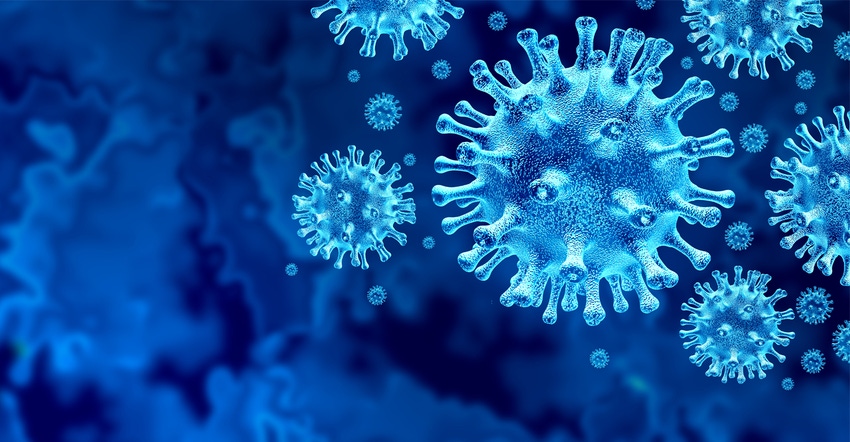
The past couple of months have turned society on its head — including rural America. With the global outbreak of COVID-19, subsequent lockdowns, stay-in-place orders and restrictions on the number of people who can gather in one place at a time, many are dealing with isolation as well as growing concerns for their own health and the health of loved ones.
This has resulted in the cancellation of major events such as state FFA conventions, farm auctions, farm shows and others. It's also put additional pressure directly on farming operations, affecting commodity prices and worries over disrupted input supply lines.
But what's also alarming is the disregard and, in some cases, outright disdain and distrust of statements and warnings made by experts — in this case, people who have made careers out of virology and epidemiology. This isn't something new.
Armchair experts have become increasingly prevalent with the advent of social media. Whatever the case may be, this has provided a platform for arguments against sound science.
What appears to be the latest round of anti-expert claims — including the belief that the COVID-19 threat is being grossly exaggerated by scientists — presents a more immediate danger. There also are myths surrounding the origins of the coronavirus, suggesting that it originated from people eating bats in China, and the dangerous myth that a bleach-based product will cure COVID-19.
To a degree, it could be expected, considering the uncertain times we're living in. In the midst of crisis and disaster, it's not uncommon for misinformation to spread. People like to have autonomy. That is, if they feel things are out of their control, they find reasons, however unfounded, to disbelieve and disagree with experts as a way to cope and maintain some sense of control over their own situation.
It doesn't help that there has been a growing disdain for people viewed as "elite experts" around the world. Expertise isn't always offered in easy-to-understand terms. Acronyms and uncommon words are used, which may come off as long-winded, indirect or downright arrogant.
And people love the "gotcha" moments when they can call out an expert prediction for being wrong — maybe an example of an attempt to hang on to autonomy.
The thing is, people want specific answers, and science is a method, not an answer. It often results in more questions. Experts are people who have spent the bulk of their lives studying and working in a very specific field — just like a farmer is an expert on their own field topography, soil types, soil water infiltration, and the amount of nitrogen and water a corn crop will need.
Being an expert in any field of scientific study means understanding that as new information becomes available, consensus can change. However, keep in mind that scientific studies and papers are heavily scrutinized and reviewed for issues and limitations in their experimental processes and findings before being accepted for publication.
When a scientific consensus is reached or changed, it means many scientists from different backgrounds arrived at the same conclusion. It doesn't change because it doesn't fit someone's opinion or beliefs.
Please note I'm not attempting to debate the economic implications of social distancing. I just don't have the word limit to tackle such a topic. It may be too early to know what methods will or won't work as a cure for COVID-19, but if there's anything the past few months have taught us, it's that the threat is real, and that taking steps through social distancing to "flatten the curve" can work.
In that regard, I think it's safe to say experts pull a little more weight than conspiracy theories.
About the Author(s)
You May Also Like






